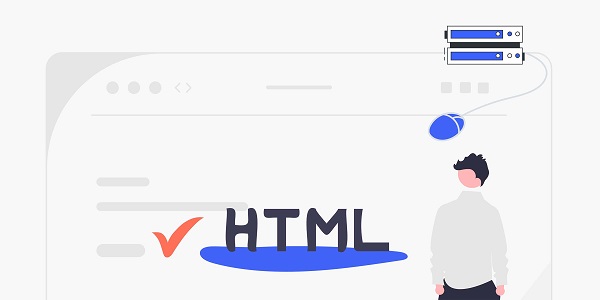Download for your Windows

What are Pirate Proxy and Proxy List?
"Pirate Proxy" refers to unauthorized or unknown proxy servers. Such services often attract users with "free" and "unlimited traffic" as gimmicks. Proxy List is a collection of public or semi-public proxy IP addresses, and users can switch network identities through such lists. As a global proxy service provider, IP2world is committed to solving users' core needs for anonymous access and data security through compliance technology.
How does Pirate Proxy bypass network restrictions?
Some users try to access geographically restricted content or hide their real IP through Pirate Proxy, whose underlying logic is to forward requests through an intermediate server. Such proxies may use dynamic IP pools or temporary port allocation technology to achieve anonymity in the short term. However, the anonymity of free proxies is often accompanied by problems such as poor stability, speed fluctuations, and even the risk of data leakage.
What are the potential risks of free proxy lists?
Public proxy lists usually lack maintenance mechanisms, and a large number of IP addresses in the list may be invalid or abused. For example, some proxy servers will record user activity logs or implant malicious code to hijack traffic. In addition, the IP addresses of free proxies may be reused by multiple users, causing the anti-crawler mechanism to be triggered when accessing the target website, affecting normal operations.
How do legal proxy services balance performance and security?
Professional proxy services solve the defects of free solutions through technical architecture optimization. For example, static ISP proxy, whose IP address is directly allocated by the Internet service provider, has high credibility and long life cycle; exclusive data center proxy provides exclusive bandwidth resources to avoid performance bottlenecks in a shared environment. Such services usually integrate encryption protocols and identity authentication mechanisms to ensure that data transmission is controlled throughout the process.
Why does the choice of proxy type affect business efficiency?
Different application scenarios have significantly different requirements for proxy IPs: dynamic residential proxies are suitable for scenarios that need to simulate real user behavior (such as social media management), and their IP addresses are changed regularly and associated with residential networks; S5 proxies focus on protocol layer flexibility and support the SOCKS5 standard to adapt to complex tool chains. If the wrong type is selected, it may lead to risk control interception on the target platform or reduced task execution efficiency.
As a professional proxy IP service provider, IP2world provides a variety of high-quality proxy IP products, including unlimited servers, static ISP proxies, exclusive data center proxies, S5 proxies and dynamic residential proxies, suitable for a variety of application scenarios. If you are looking for a reliable proxy IP service, welcome to visit the IP2world official website for more details.